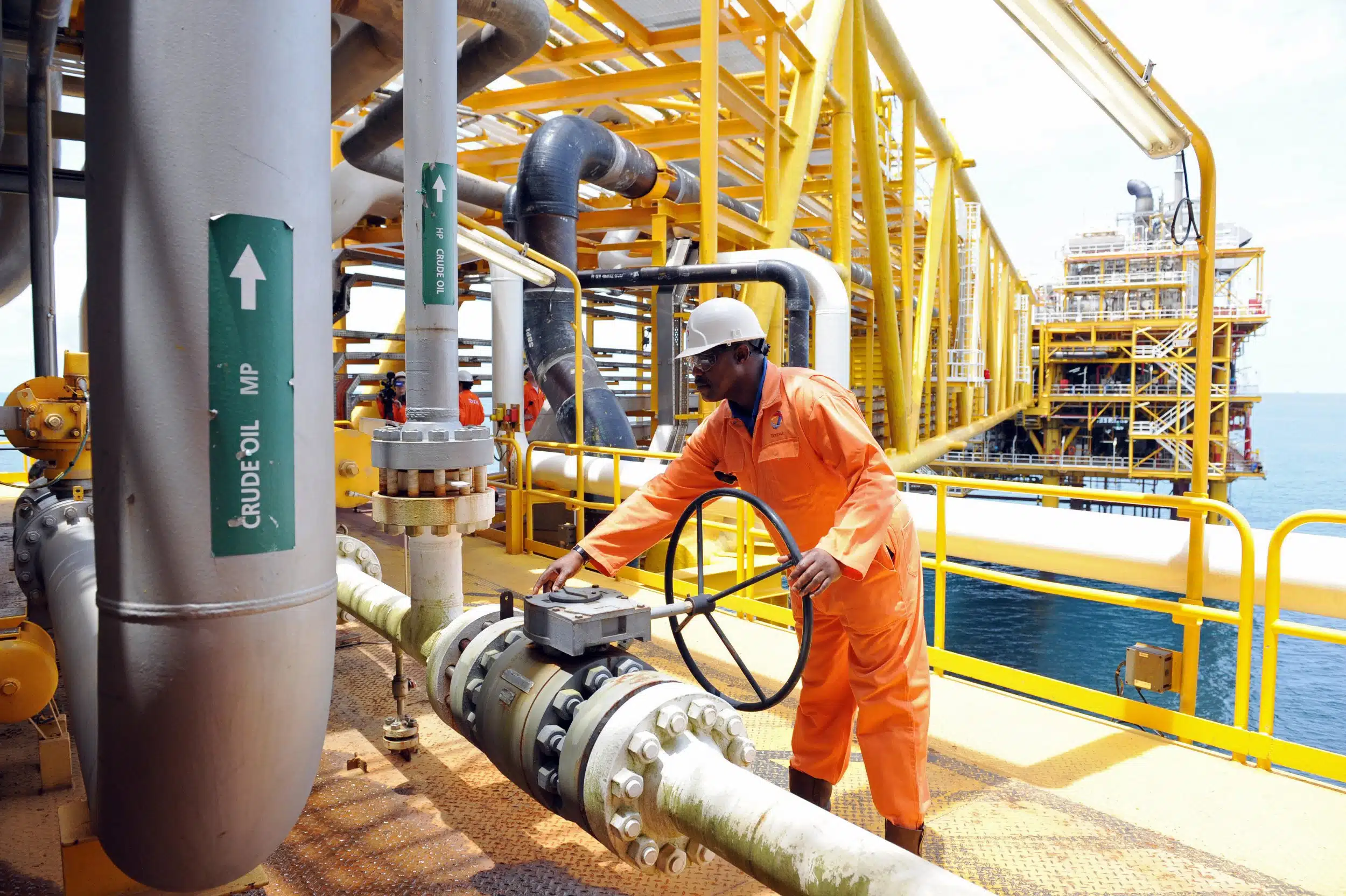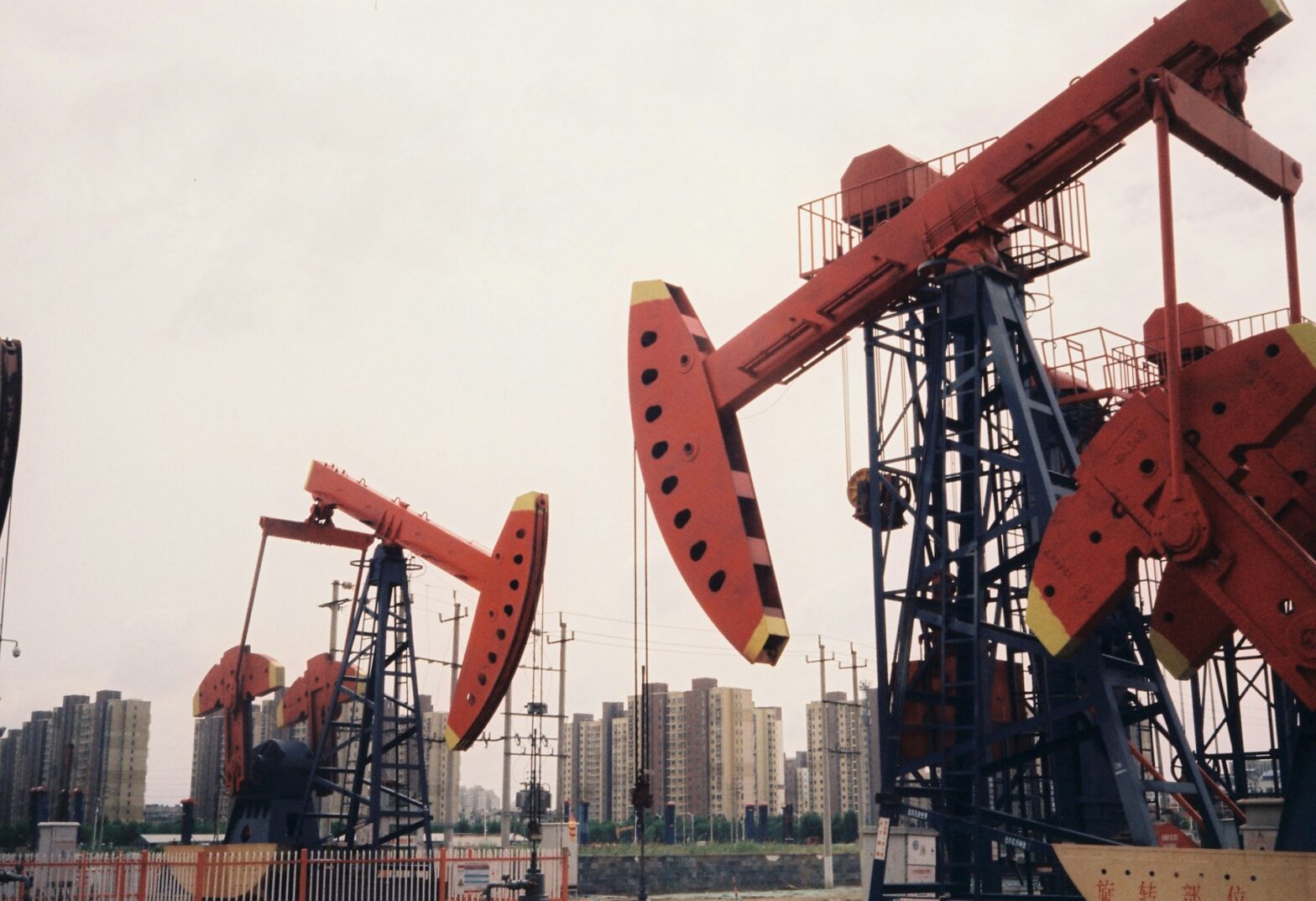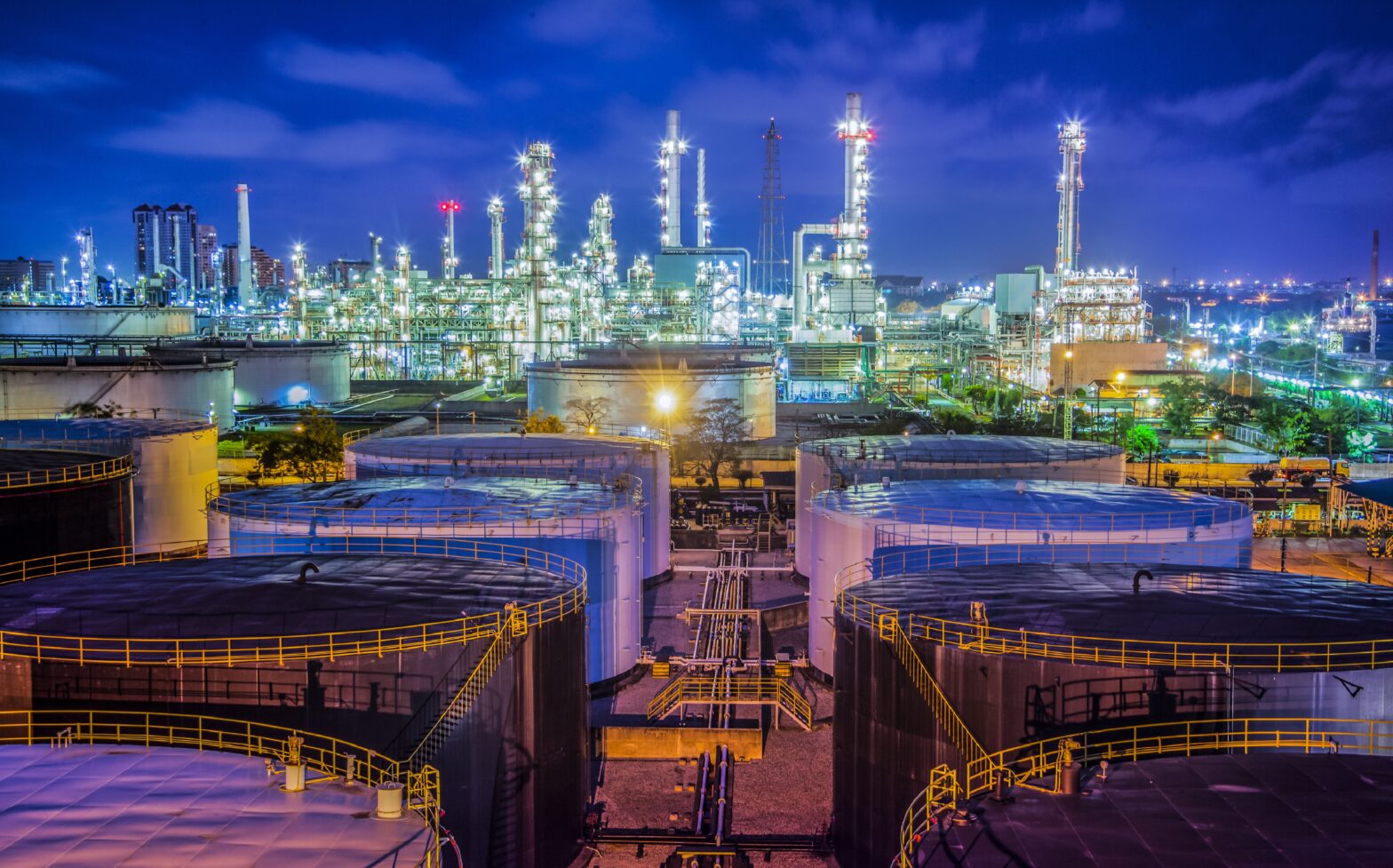For decades, Nigeria’s oil and gas sector has been the backbone of its economy, accounting for over 90% of export earnings and nearly half of government revenue.
However, foreign investment in the sector has plummeted, reflecting deep-seated economic and regulatory uncertainties.
Capital importation refers to the influx of foreign financial resources into a country, often through investments, loans, or other monetary inflows.
This includes Foreign Direct Investment (FDI), where investors establish businesses or acquire assets, as well as portfolio investments in financial instruments such as stocks, bonds, and securities.
Additionally, capital importation can take the form of short-term loans, bank deposits, and other temporary capital inflows that support economic activities.
Data from the National Bureau of Statistics (NBS) shows a dramatic decline in capital inflows. In 2014, the sector attracted $208.18 million in foreign investment.
By 2015, this figure had collapsed to $29.76 million, coinciding with declining global oil prices and domestic policy uncertainty.
A brief recovery in 2016 saw inflows surge to $720.15 million, but the rebound was short-lived.
By 2017, investments fell to $331.36 million, followed by fluctuations—$133.51 million in 2018, $216.23 million in 2019, and a sharp drop to $53.51 million in 2020 due to the global COVID-19 pandemic.
The 2021 enactment of the Petroleum Industry Act (PIA) was expected to boost investor confidence, but inflows remained subdued at $101.82 million.
The situation worsened in 2022, with investments plunging to $6.37 million and further to $3.64 million in 2023. As of Q3 2024, the sector has attracted only $5 million, underscoring persistent investor skepticism.
Deregulation fails to attract foreign investors
In May 2023, President Bola Tinubu announced the full deregulation of the downstream oil sector, aligning with the Petroleum Industry Act signed by former President Muhammadu Buhari.
The move was expected to drive competition and attract investment into the local industry.
However, more than a year later, foreign investors remain largely uninterested in Nigeria’s oil sector.
Instead of an inflow of foreign capital, the sector has witnessed increasing divestment, with international oil companies shifting their focus to more stable investment destinations.
Italian oil giant Eni recently agreed to sell its subsidiary, Nigerian Agip Oil Company (NAOC), to Oando.
Research by British consulting firm Wood Mackenzie, for instance, reveals that divestments by international oil firms in Nigeria have amounted to £871 million since 2020.
Barriers to foreign investment
Moreover, investor confidence has eroded due to multiple structural challenges. Regulatory inconsistency is a significant issue, as policy reversals and slow reform implementation create an unpredictable business climate.
While the PIA promised stability, its delayed rollout has left investors hesitant. Security concerns, particularly oil theft and pipeline vandalism, continue to undermine production and deter long-term commitments.
Nigeria’s foreign exchange crisis has also made it difficult for foreign investors to repatriate profits.
The persistent depreciation of the naira and regulatory bottlenecks in accessing foreign exchange have made the country a less attractive investment destination.
The deteriorating state of FX liquidity has further discouraged investor participation, as many foreign investors struggle to retrieve their earnings due to the acute shortage of foreign exchange.
The role of refining capacity and global energy shifts
Nigeria’s dwindling oil sector investment is also linked to its chronic refining inefficiencies.
Decades of neglect have left state-owned refineries in Port Harcourt, Warri, and Kaduna largely non-functional, forcing the country to import refined petroleum products.
Despite multiple rehabilitation promises, little has changed, increasing Nigeria’s reliance on costly imports.
The commissioning of the Dangote Refinery in 2023 was expected to reduce import dependence and attract investment, but its full impact is yet to materialise.
The Nigerian National Petroleum Company Limited (NNPCL) has attempted to revive state refineries, but delays and operational setbacks persist.
Beyond domestic inefficiencies, global energy trends have further dampened investment.
The transition toward renewable energy has shifted investor priorities, making fossil fuel projects less attractive.
While natural gas remains a critical transition fuel, Nigeria has struggled to position itself competitively.
Investments in liquefied natural gas (LNG) infrastructure and gas pipeline networks remain inadequate, limiting the country’s ability to benefit from global energy shifts.
Government interventions and their limited impact
The Nigerian government has introduced several measures to attract foreign investment in the oil and gas sector, including the Petroleum Industry Act (PIA), tax incentives, and security initiatives.
However, these efforts have largely failed to reverse the downward trend in capital inflows.
One major shortcoming is the slow and inconsistent implementation of policies.
The PIA, for instance, was meant to provide a stable regulatory framework, yet delays in execution and lingering uncertainties have left investors unconvinced.
Similarly, tax incentives aimed at boosting exploration and production have been undermined by bureaucratic inefficiencies and shifting fiscal terms.
Security remains another critical challenge.
Despite increased surveillance and private-sector collaborations, large-scale oil theft and pipeline vandalism persist, costing the country billions in lost revenue annually. These security risks not only deter new investors but also prompt existing operators to scale down operations.
The government’s efforts to address foreign exchange constraints—another key concern for investors—have yet to yield significant results.
Restrictions on repatriating profits and the continued depreciation of the naira make Nigeria a less attractive investment destination compared to other oil-producing nations.
Without decisive action to ensure regulatory stability, improve security, and enhance ease of doing business, government interventions will remain insufficient in restoring investor confidence in Nigeria’s oil sector.
Insights on the crisis
Dr. Olufemi Omoyele, an oil and gas analyst, attributed the decline to many factors, but foremost is the issue of insecurity, which has scared away oil and gas investors.
“No foreign capital can come in the atmosphere of insecurity we have currently. Investors are not encouraged to come. You’re asking someone to come and put his or her money where it’s not safe,” he said.
According to the Nigerian Economic Summit Group, the oil and gas sector attracted a meagre US$5 million in 2024 Q2, and no foreign investments in 2024 Q1 and Q3 suggesting Nigeria’s upstream assets are becoming less competitive globally.
“Hence, there is a need to create an enabling policy and investment environment to reduce operating inefficiencies emanating from regulatory bottlenecks, high production costs, pipeline vandalism, oil theft, and deteriorating oil and gas infrastructure,” the report says.
“A favourable operating environment would ensure that the government secures a final investment decision to develop the proposed Nigeria-Morocco Gas Pipeline Project, which, when completed, is expected to supply natural gas to Spain and the rest of Europe.”
Rebuilding investor confidence: A path forward
To reverse the decline in foreign investment, Nigeria must prioritise regulatory consistency, enhance security measures, and invest in critical infrastructure.
Addressing policy uncertainty, ensuring the full implementation of the PIA, and tackling oil theft will be essential in restoring investor confidence.
Additionally, resolving the foreign exchange liquidity crisis will be crucial in encouraging capital inflows.
Without these fundamental changes, the sector risks further decline, exacerbating Nigeria’s economic vulnerabilities in an increasingly competitive global energy market.










